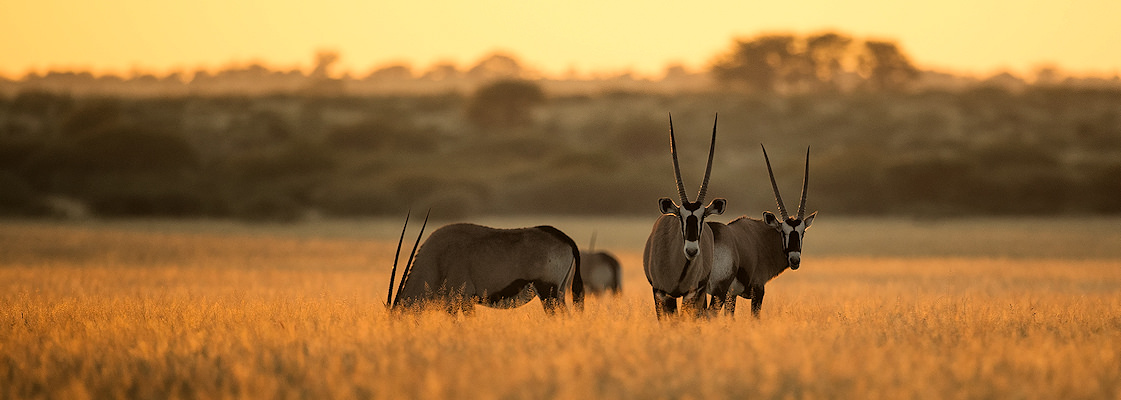Several considerations must be made when planning a hunt in Africa. Below, we list some of the most important.

If a topic is not covered here, you are welcome to contact us, and we will provide as much information as possible.
The best time and the duration you should set aside will largely be determined by the country you intend to hunt, the periods for which permits are valid, and the expected conditions and ease of stalking in the different seasons. The summer months from mid-October to mid-March should be the last choice, and the winter months from June to August are prime in most wildlife areas on the sub-continent.
A ten-day to two-week trip is ideal unless you would like to hunt dangerous game in countries other than South Africa, where a minimum duration of up to three weeks is required. Consider adding a day of relaxation near the airport after a long flight to rest before commencing your adventure.
Clients typically book six to eighteen months in advance. The earlier you book, the better the chances of securing the desired areas and camps. Some species for which only a handful of permits are issued yearly might require booking two to three years out.
The choice can often be tricky with a diversity of geographical areas that vary substantially in terms of terrain, vegetation, and the species that inhabit these regions. Instead of covering the options in detail, we recommend contacting an experienced outfitter who can give advice based on your requirements.
The most popular areas are the Bushveld, Free State, and Eastern Cape in South Africa. Namibia offers a selection of semi-desert areas. The infrastructure in these two countries is excellent, and moving between different regions is usually easy on well-developed road networks. Several dangerous game concessions can be found throughout Zimbabwe and Botswana. These concessions are typically harder to reach and might require light aircraft charters.
Many reputable hunting outfitters offer safaris in South Africa, Namibia, Botswana, Zimbabwe, and Mozambique. Many attend the various hunting shows hosted around the world, and an increasing number provide detailed safari information online.
A reputable outfitter will increase your chances of taking the desired animals and offer a safe and enjoyable experience with quality accommodations, vehicles, and other equipment. They are also responsible for the field preparation of your trophies and delivering these to a taxidermist for dipping and shipping or mounting. Their staff typically includes professional hunters, cooks who prepare delectable meals, trackers and skinners, and general camp staff dedicated to your well-being, maintenance, and cleaning.
It is usually a good idea to create a list of desired animals you intend to harvest in order of priority; this list can then be communicated with an outfitter who will recommend the best area or combination of places where the trophies can be hunted and can offer logistical advice.Your choice of quarry will largely determine the appropriate rifle calibers, another important detail that must be pre-planned.
The different countries of Southern Africa have distinct rules and requirements for the temporary importation of rifles; most outfitters will also have rifles that can be used, so you may avoid the hassle of filling out paperwork and getting temporary import permits.
You can have your trophies dipped in the African country where your safari is conducted and then shipped raw to a taxidermist in your home country, where they can be mounted according to your requirements. Please remember to tell your professional hunter what mount you would like for each animal taken, which will influence how it should be skinned.
You can also have all taxidermy done in Africa and ship the mounted trophies directly to your address. Remember that taxidermy work can take a year to eighteen months to reach you.
It is essential to carry a basic first aid kit to ensure you have had the required vaccinations (if any) and any chronic medication you might need. General allergy medication could make life in the dusty wilderness much more comfortable.
Prepare a gear list and make sure you have all the essentials, such as a torch, folding knife, comfortable walking shoes, a warm jacket, and mosquito repellant. It is important not to overpack, but to have the basics, as shops can often be few and far afield.